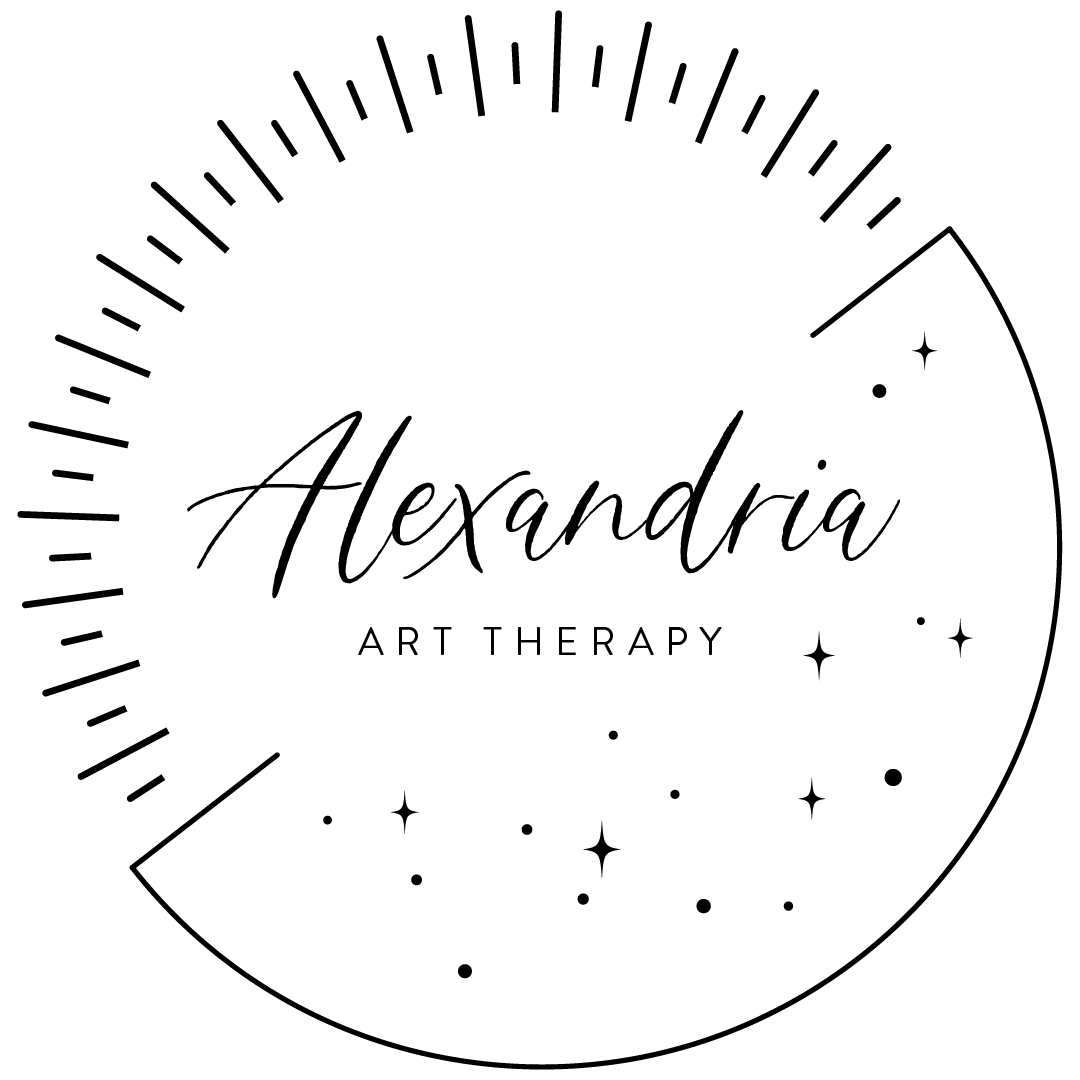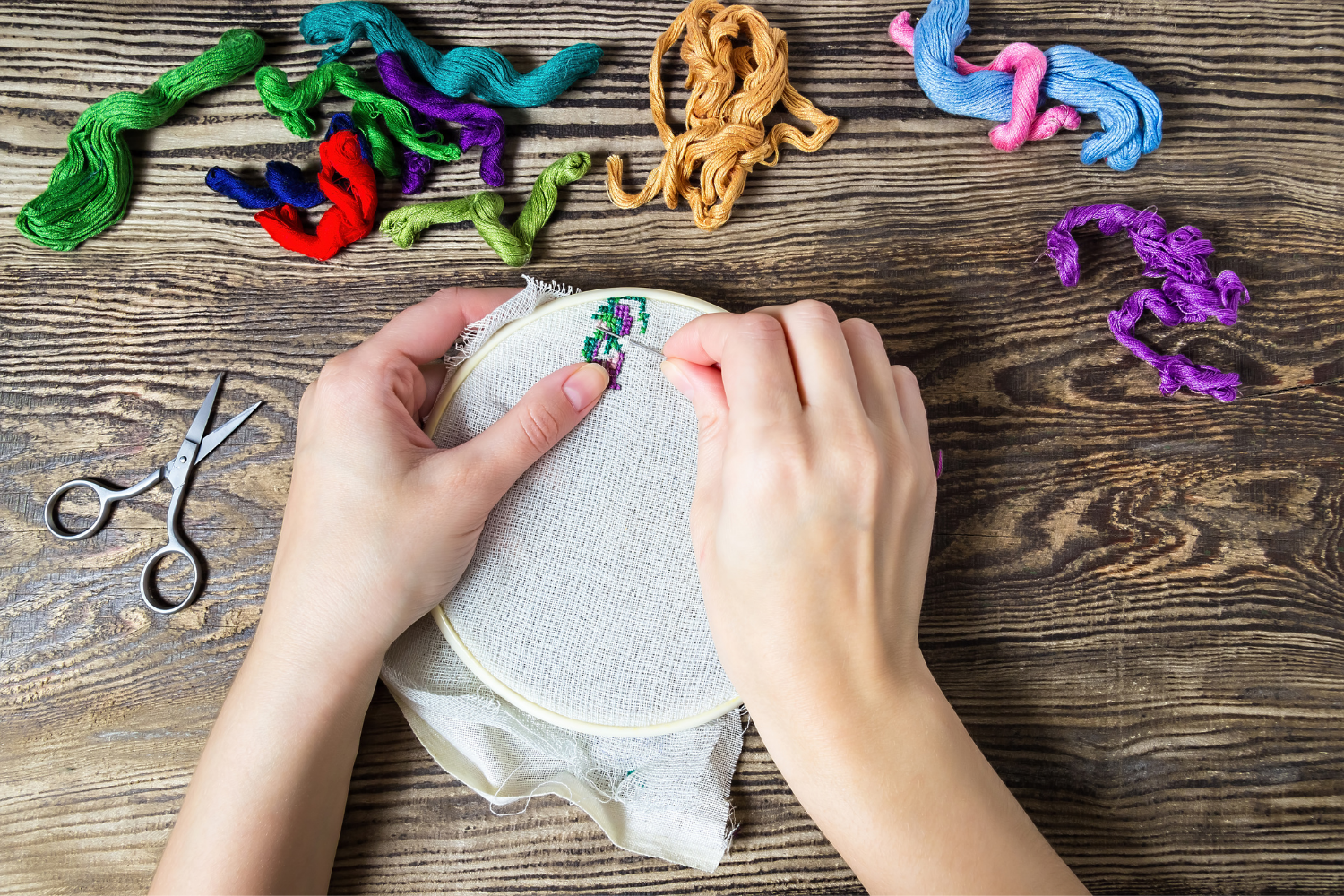Hobbies: Selling vs. Self-Care
Do you have an Etsy shop? When are you writing a book? Do you take commissions?
If you’re a creative person, these questions may sound familiar, especially if you share your work in any form on the internet. In our consumerist society, people want to acquire the things they appreciate. So asking if you’ve commoditized your hobby seems to be the only praise people know how to give anymore. You’re really good at that! You should sell it! Money and fame continue to be the assumed end goals for all creative pursuits.
But here’s the thing: just because our society doesn’t know how to give a compliment anymore...doesn’t mean you have to participate in the hustle.
Do you want to be a small business owner or run a marketing firm? No? Then it might be helpful to evaluate what a hobby should be bringing you, and what isn’t required.
HOBBIES SHOULD:
Bring you genuine enjoyment, happiness, or peace
Allow you to experience a flow state
Create connection (with yourself, other people, or both)
HOBBIES SHOULD NOT NECESSARILY:
Be something you’re good at
Be productive
Create anything useful
Make you any money
Bring you fame or attention
Be practiced consistently
I identify as a creative generalist, which means that I dabble in a lot of things and profess expertise at none of them. According to a lot of experts in creativity, this is a terrible way to go about things, because without focus, you’ll never find mastery or success.
But what if that’s not what I’m after? What if all of these hobbies (writing, iPhone photography, singing, reading, painting) are just an extended self-care structure that brings me peace and contributes to my wellbeing? These hobbies are elements of who I am, and they fit alongside my relationships with family and friends, my day job, and all the other daily minutiae of life.
What if you don’t need to be doing more? What if you don’t need to be more? What if this is enough? It’s okay to be at peace with your life as it is.
With your hobbies, you don’t have to participate in capitalism. You don’t have to try to “make it” in whatever hobby world interests you. You can do something just for the sheer enjoyment of it. And you can keep it small.
Recently, I joined a choir (after reading about how collective activities can make people happier than solo ones). We rehearse outdoors, in masks, and everyone had to show their vaccine card at the first rehearsal, but other than that, it feels like a dip back into beautiful normalcy. Last week, the director announced auditions for a special chamber ensemble to be selected from within the choir. My old self would have jumped at this. The small ensemble feels elite, and in the past I’ve found it an interesting gamble to see if I’m good enough to be among the best.
But that’s the old me. 2021-me realizes that the special ensemble isn’t necessarily the best singers. It’s the singers who have 45 extra minutes in their week to rehearse. Do I have that? I do not. I rush to choir practice right after my kid’s bedtime routine, and I don’t have ten extra minutes to give.
I want my hobbies to stay in the realm of hobbies, and part of that is making sure they stay right-sized within the rest of my life. Give yourself the space to ebb and flow. To deep dive into things when the time is right, and to periodically put things aside and focus on something different.
Take a moment to do an assessment of the hobbies in your life. How can you respond when people give you the commodity-compliment? (Cheesy but effective: “No selling, just self-care.”) Are your hobbies contributing to your wellbeing, or are they stressing you out? What needs to change? What new hobbies would you try if you gave yourself permission to be untalented, unproductive, and uncommitted?
Go forth and play.
Don't miss an update--subscribe to our newsletter to receive new blog posts & the latest news in your inbox every other week.


